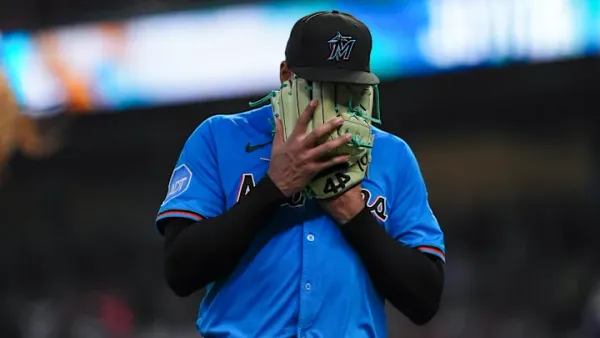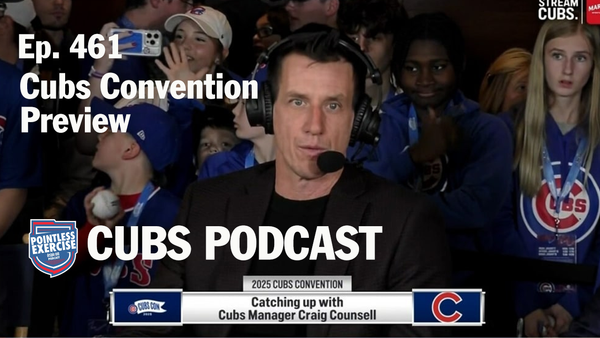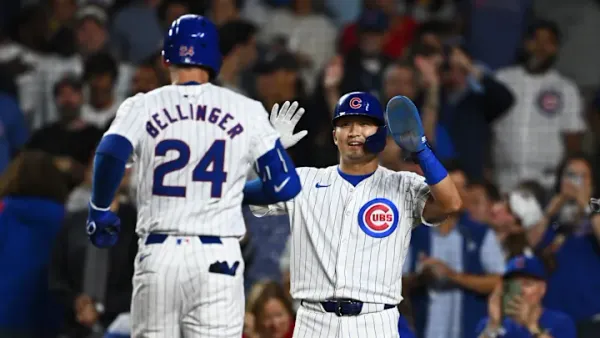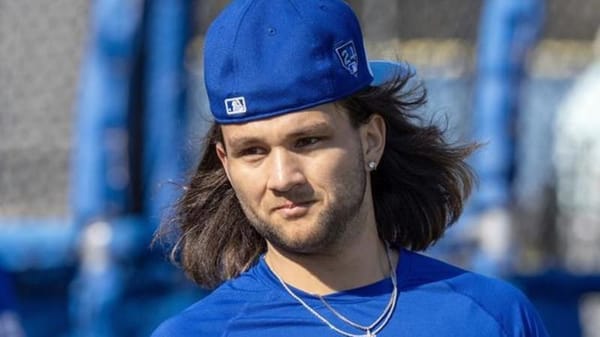Out of options
The Cubs are already botching their offseason
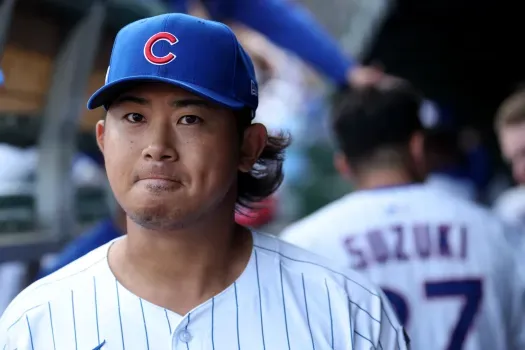

For fun, let's pretend that the Cubs fancied themselves a real big market baseball team. In that case, when you look at their list of players who are either unrestricted free agents, or who they have to make option decisions on, the biggest free agent on the market this winter in the entire sport would be one of theirs. They would have the home team advantage to re-sign Kyle Tucker. (Sorry, Tom, that doesn't come with a discount.)
Keeping Tucker would allow them to build on what happened last year, instead of whatever they're going to do.
But he would also likely cost something like $280 million over eight years, which while something the Cubs can afford, isn't something they want to be able to afford. So they'll just pretend they can't.
They will give Tucker a $22 million qualifying offer so that when he signs with the Dodgers they will get a compensation pick in return. And they can use that one a player they will pay about 1/100th of what they'd have paid Tucker, and they'll get about 1/100th the production. Seems fair. To Jed.
But Tucker is not the only free agent they have. Let's look at the others.
Shōta Imanaga
The Cubs could have kept Shōta for three years and $57 million by merely picking up his option. That seems like a pretty good deal. But they wasted no time in declining it. Shōta is not a number one starter (the Cubs don't really try to sign those), but he's a good big league pitcher, and given his two-year big league track record 24 wins in 54 starts, a career 3.28 ERA and 4.5 career WAR. He's easily worth the $19 million per season. Seems like a no-brainer, right?
Well, consider the brain.
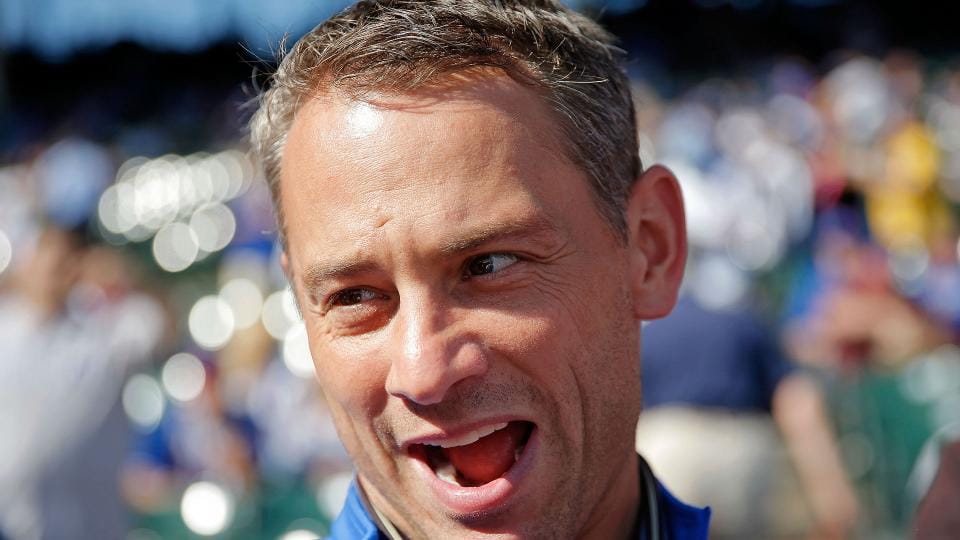
Even after the Cubs declined Shōta's option he had a $15 million player option that would have put him in line for the Cubs to have a two-year, $42 million option on him after next season. He rightly turned down his option knowing that if they're not interested in the three year deal this year, they aren't going to want to give him two years at an even higher per season salary after next season.
What's still likely is that...

